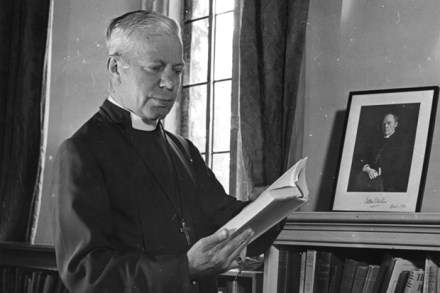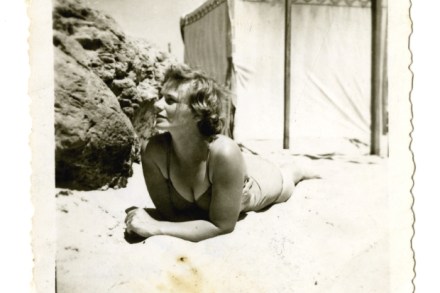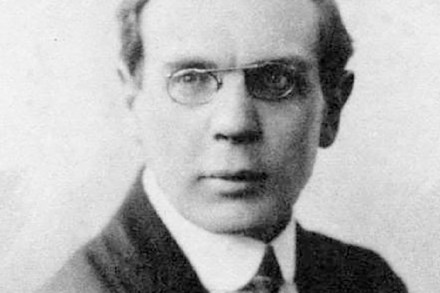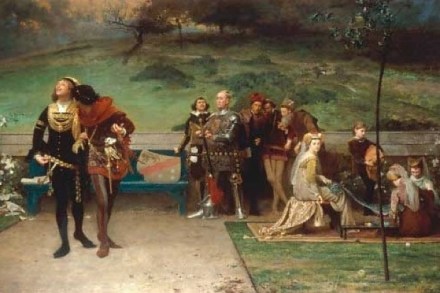The Spectator’s notes | 11 February 2016
Here is a thought for all those Tory MPs calculating their personal advantage in the forthcoming EU referendum: unless the vote is an absolutely overwhelming Remain, the next leader of the Conservative party — whose day is no longer so far off — will come from the Leave camp. This will happen, obviously, if Leave wins, but also if Leave loses but does well, because most party supporters will only back someone who feels their pain and can reconcile them afterwards. Another thought: why would Nigel Farage want Britain to vote Leave? Then he would be redundant. Study him in the light of this thought and you will see that it explains




















